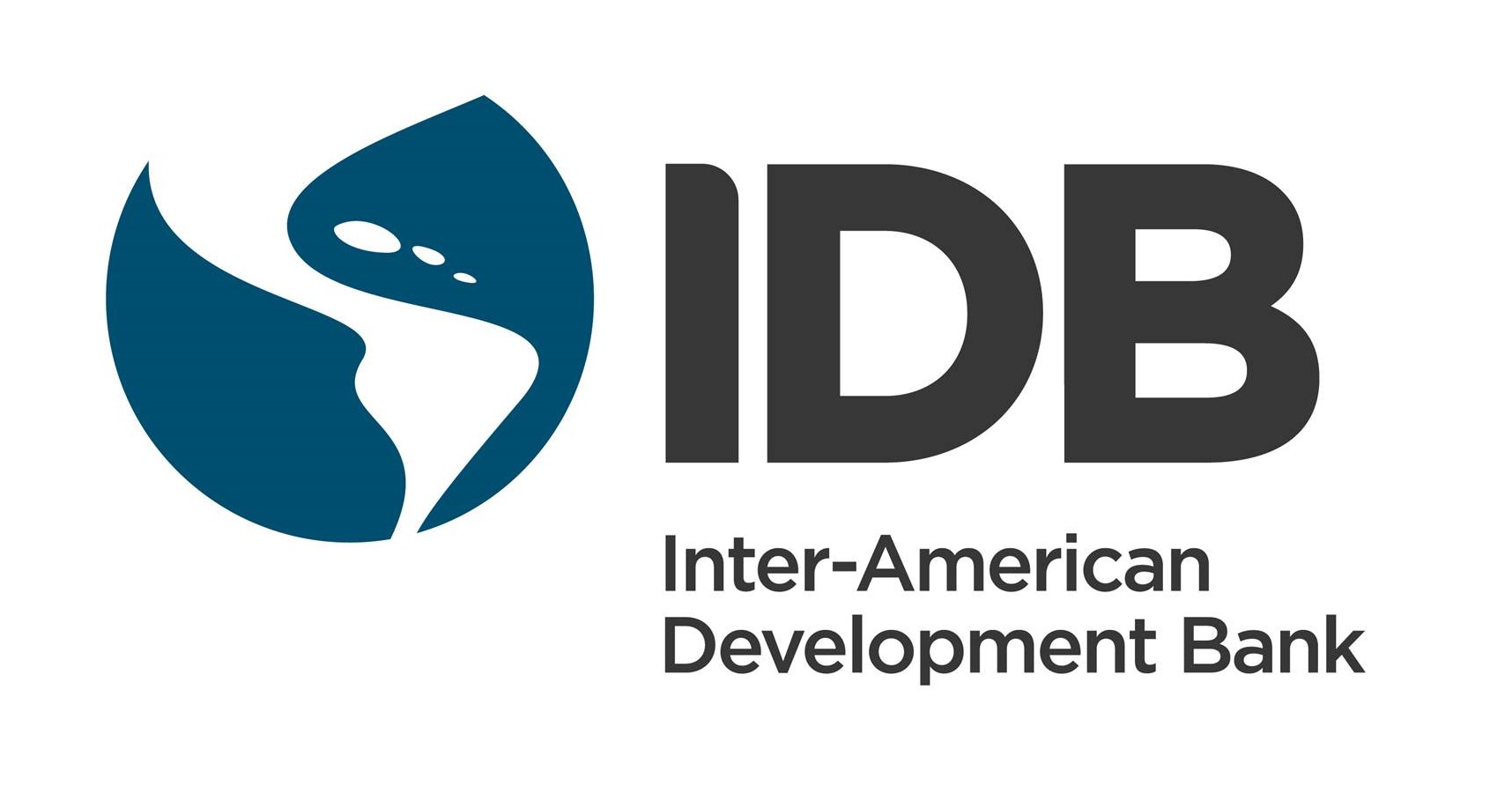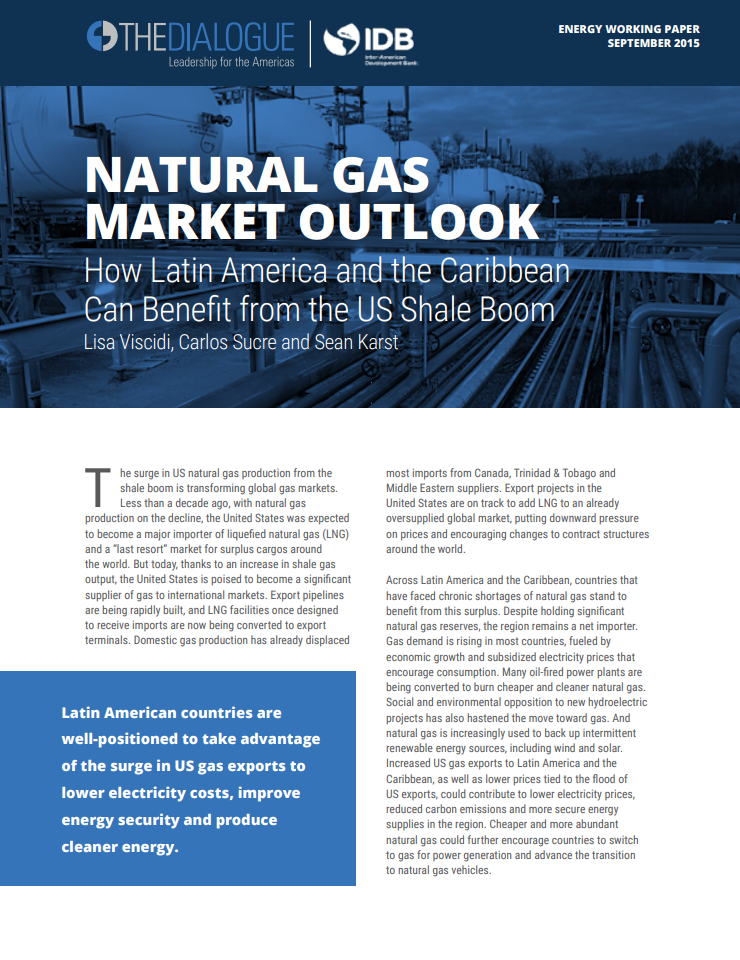Rising Brazil: The Choices Of A New Global Power
What should we expect from a newly powerful Brazil? Does the country have the capacity and leadership to be a central actor in addressing critical global and regional problems?
This post is also available in: Español
Global gas markets are in turmoil. Thanks to a surge in shale gas output, the United States is poised to become a major supplier of liquefied natural gas (LNG) to international markets. However, the steep decline in international crude oil prices represents a significant setback for US LNG developers. The global gas demand outlook is also uncertain, raising questions about the volumes of US LNG the market can absorb and how many export projects will remain economically viable.
A new report by the Inter-American Dialogue examines the potential impacts of the US gas boom for Latin America and the Caribbean amid this new market uncertainty. Given their close proximity to the United States, Latin American and Caribbean countries are well-positioned to capitalize on the surplus of US gas exports and current buyer’s market, the report finds. Gas demand has been rising in many countries, fueled by increased demand from the residential and industries sectors and subsidized electricity prices that encourage consumption. Many oil-fired power plants are being converted to burn cheaper and cleaner natural gas. Social and environmental opposition to new hydroelectric projects has also hastened the move toward gas. And natural gas is increasingly used to back up intermittent renewable energy sources, including wind and solar.
South American LNG importers can benefit from lower spot prices resulting from a global supply glut, while Mexico is profiting from low US natural gas prices to import increasing volumes of gas through pipelines. Central America and the Caribbean could also take advantage of surplus US gas to import small cargos of LNG. Access to cheap US gas exports can contribute to lower electricity prices, reduced carbon emissions and more secure energy supplies in the region, according to the report.
Lisa Viscidi, Program Director, Energy, Climate Change and Extractive Industries
lviscidi@thedialogue.org
202-463-2571
@lviscidi

What should we expect from a newly powerful Brazil? Does the country have the capacity and leadership to be a central actor in addressing critical global and regional problems?
President Lula da Silva triumphantly announced that he and his Turkish counterpart had persuaded Iran to shift a major part of its uranium enrichment program overseas—an objective that had previously eluded the US and other world powers. Washington, however, was not applauding.
The question remains if Mexico has achieved a degree of institutional development consistent with its participation in those organizations.
